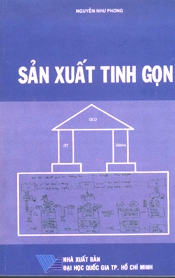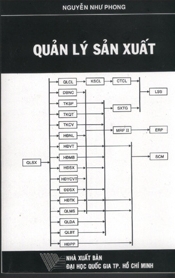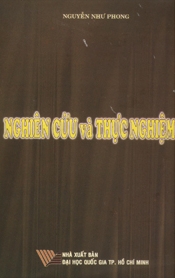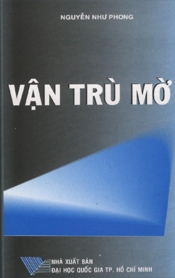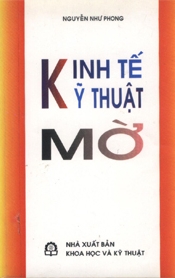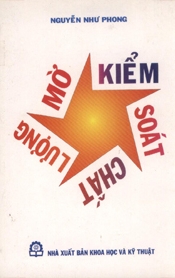
| Using DOE For Decision Analysis |
|
Using Design Of Experiments (Doe) For Decision Analysis
Victor Tang1, Kevin N. Otto2, and Warren P. Seering1
1 Massachusetts Institute of Technology, USA
2 Robust Systems and Strategy USA, and Massachusetts Institute of Technology USA
DOE 18
Abstract
We take an engineering design approach to a problem of the artificial - corporate decision-analysis under uncertainty.
We use Design of Experiments (DOE) to understand the behaviour of systems within which decisions are made and to estimate the consequences of alternative decisions.
The experiments are a systematically constructed class of gedanken (thought) experiments comparable to “what if” studies, but organized to span the entire space of controllable and uncontrollable options.
We therefore develop a debiasing protocol to forecast and elicit data. We consider the composite organization, their knowledge, data bases, formal and informal procedures as a measurement system.
We use Gage theory from Measurement System Analysis (MSA) to analyze the quality of the data, the measurement system, and its results. We report on an in situ company experiment. Results support the statistical validity and managerial efficacy of our method. Method-evaluation criteria also indicate the validity of our method.
Surprisingly, the experiments result in representations of near-decomposable systems. This suggests that executives scale corporate problems for analyses and decision-making.
This work introduces DOE and MSA to the management sciences and shows how it can be effective to executive decision making.
Keywords:
Decision Analysis, Design of Experiments, Gage R&R, Complex Systems, Business Process |



